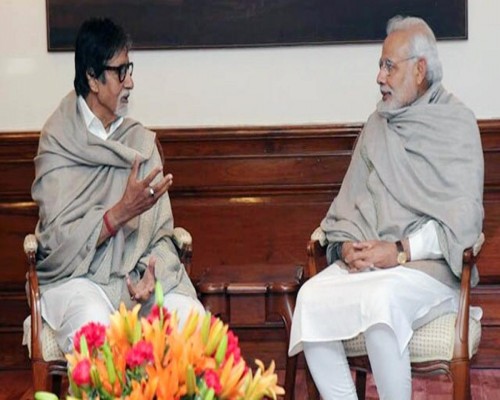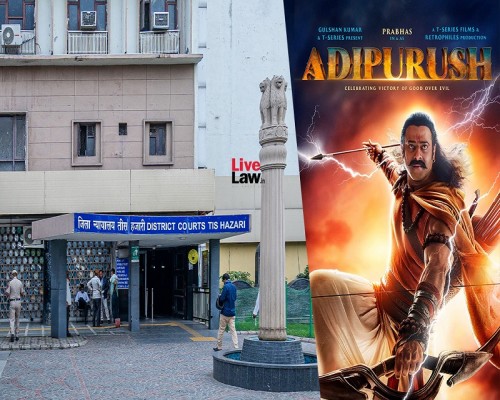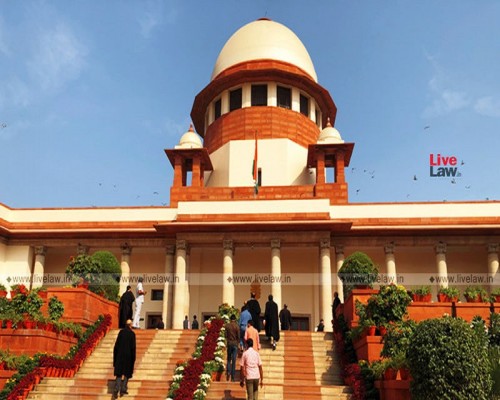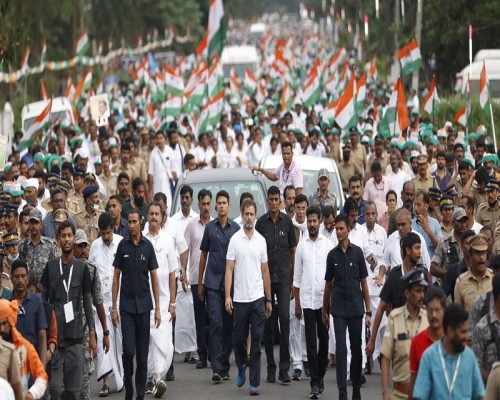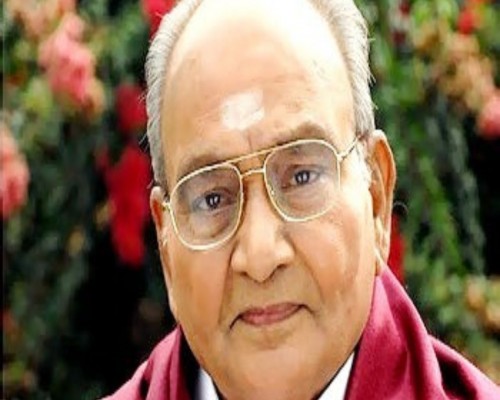Yatindra Mishra to Release a Poetry Collection After 13 Years
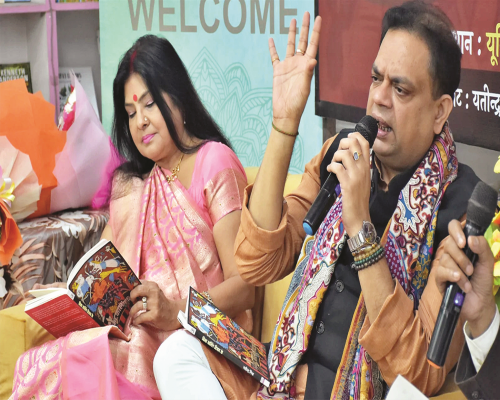
Renowned National Award-winning author Yatindra Mishra is set to make a comeback in the world of poetry after 13 years. Following his 2011 poetry book Vibhas, Mishra is now launching his latest collection, Bina Kalinga Vijay Ke, this month. The book comprises 100 poems.
During his recent visit to Lucknow, Mishra shared that legendary poet Gulzar played a pivotal role in his return to poetry. "After my last book Gulzar Saab (2023), he made me promise that my next work would be a poetry collection. He told me, 'I want to see the original Yatindra back, the poet who wrote Vibhas, and whose foreword I had penned.' That conversation, coupled with my reflections during the pandemic, made me realize that my inner poet deserved to take center stage once again," he revealed.
Apart from poetry, Mishra has authored acclaimed books such as Lata: Sur Gatha (2016), Shehernama Faizabad (2016), Akhitari: The Life and Music of Begum Akhtar (2018), and Ayodhya: Parampara, Sanskriti, Virasat (2021).
His new book is structured into four sections, blending contemporary themes with deep cultural and historical roots. "The first section explores historical and cultural influences, modern perspectives, thought-provoking questions, musical poetry, and a reimagining of traditions. The final segment, comprising 15 poems, delves into themes of motherhood, love, and loss, inspired by my personal experiences," he explained.
Mishra’s poetry reinvents Indian traditions while incorporating musical elements such as ragas, mythology, and cultural nuances. His creative process took him across various locations, including Pandharpur (Maharashtra), Chidambaram (Tamil Nadu), Hampi (Karnataka), and Jagannath Puri (Odisha), allowing him to weave global perspectives into his work.
The book’s title, Bina Kalinga Vijay Ke, stems from the transformation of King Ashoka after witnessing the devastation of the Kalinga War. "If the war could awaken the Buddha within him, why can’t poetry inspire transformation within us?" Mishra reflected, adding that his approach to poetry integrates history, mythology, and culture.
One of the poems he holds closest to his heart is Sarovar Vyatha, Khushiyon ki Adhani Mala and Bhamati. Another significant section in the book is dedicated to the late singer Lata Mangeshkar, which he had promised to complete for her.
During the pandemic, Mishra found solace in poetry, especially in writing verses for his mother. "My poetry became a way of dialogue with my Amma, a way of healing and remembrance," he said. One of the most emotionally powerful lines in his book reads, "Shaya sangarsh se alag nahi hoti... shayar apni sabse behtareen kavita marne ke baad hi likh sakta hai."





